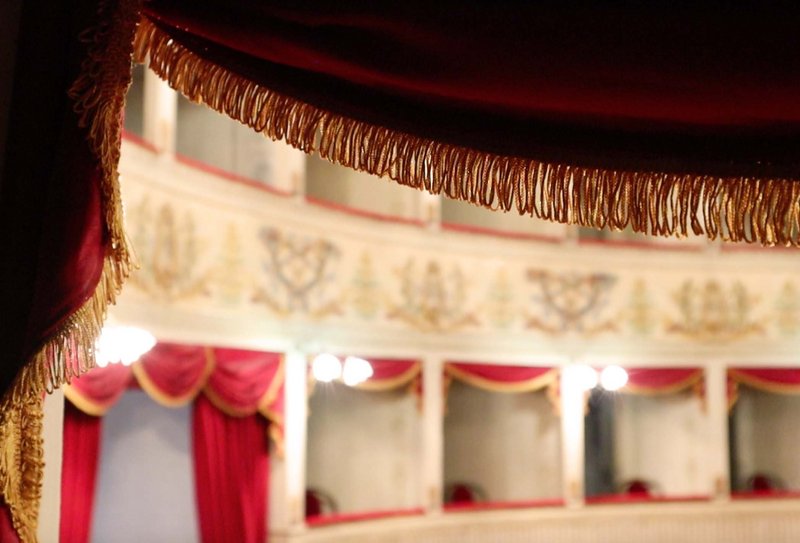 The organisation, repertoire and original scenic materials of Feltre’s Teatro sociale (1797–1866)
The organisation, repertoire and original scenic materials of Feltre’s Teatro sociale (1797–1866)
Deutsch English Français Italiano
Summary
This research project is focused on the theatre in Feltre (Veneto) from 1797 to 1866 – thus at the time when the Hapsburgs governed Veneto, up to the time of Italian independence.
The Feltre Theatre is of great significance as an object of research. First, because it is one of the few places where original scenic materials have survived from the 19th century. Secondly, because as one of the innumerable Italian “provincial” theatres of the 19th century, its unusual wealth of source materials about the theatre business, repertoire and administration means it bears testimony to a vibrant tradition of theatrical practices that have remained little investigated to the present day. In 19th-century Italy, city theatres were one of the few places where groups of people could gather together, and where events could take place at which public opinion could be shaped, monitored and steered. For this reason, the Feltre Theatre is also of immense interest as a centre of opinion-making and of socio-political organisation.
This project will investigate the history of the theatre building, its interior spaces, its scenic materials, its performances, its forms of organisation (directors, impresarios, theatrical troupes etc.), the administration and practices of the theatre company itself, the social localisation of its audience members, and popular tastes. To this end, the Feltre Theatre, its stage materials and repertoire will be analysed using a micro-historical approach in the socio-political context of Hapsburg rule of Lombardo-Venetia. We shall pay special attention to forms of social life and to studying social networks that formed around the Feltre Theatre and its fellow provincial theatres in northern Italy. The relationship of the centre to the periphery and a comparison with other north-Italian theatres and other forms of cultural transfer (both national and transnational) will have a central role in our investigations with regard to repertoire, musical styles and theatre sets.
The significance of provincial theatres
From the 1820s onwards, many new theatres opened in northern Italy, and older theatres were renovated. Every little town tried to set up its own theatre as a matter of regional pride.
Theatrical performances took place at certain times of the year, the so-called stagioni, during town fairs that drew audiences from outside. Feltre is an example of the omnipresent “provincial theatre” of the 19th century and its artistic practices.